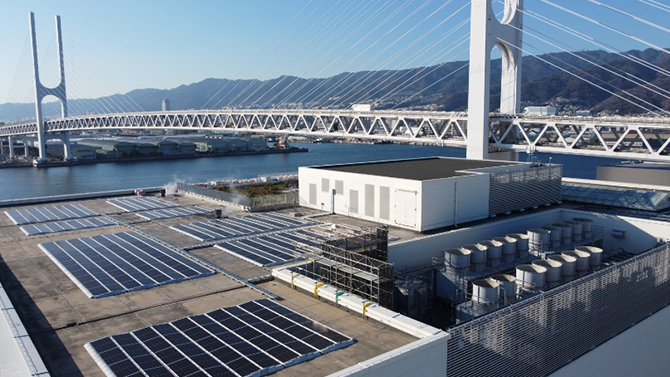Deal with Climate Change

With the adoption of the Paris Agreement on Climate Change in 2015, companies are being called upon to act more responsibly in order to realize a decarbonized society.
The Kewpie Group will reduce CO2 emissions throughout the entire supply chain, from raw material procurement to the use and disposal of products.
Sustainability Targets
| Material Issues | Initiative Theme | Indicators | FY2030 Target |
|---|---|---|---|
| Deal with Climate Change | Reduction of CO2 emissions | Reduction rate in CO2 emissions (compared to FY2013) | At least 50% |



